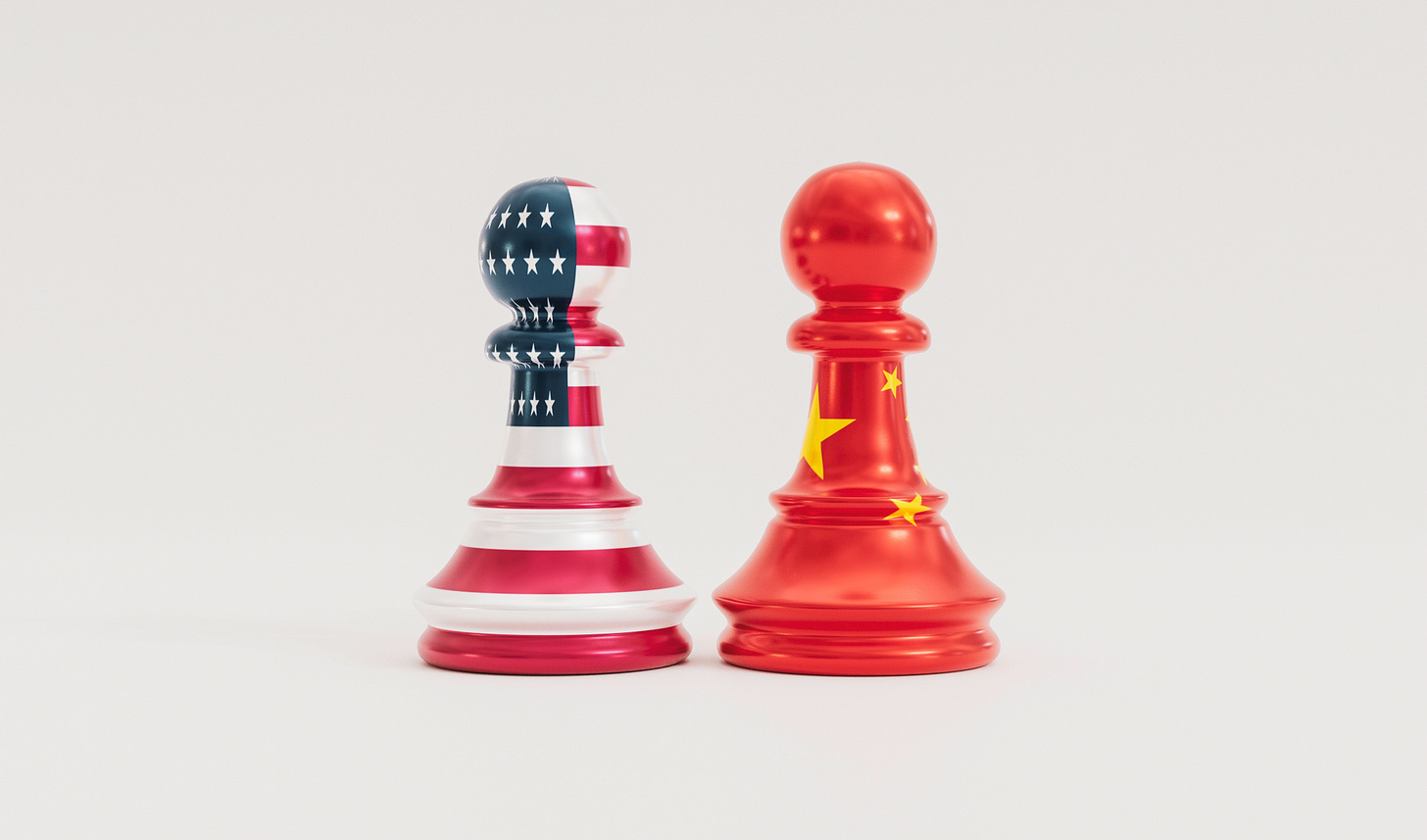CICIR's Vice President on the US's new China Strategy
Wang Honggang on Washington's "new two-pronged approach" towards China, the difficulties it faces and his proposed response.
Today’s edition is a summary of a recent article by Wang Honggang (王鸿刚), vice president of China Institutes of Contemporary International Relations (CICIR) – an influential think tank linked to China's Ministry of State Security. This post was put together by dxh, a journalist who wishes to remain anonymous.
Sinification will be taking a break over the next couple of weeks. Happy holidays.
In a nutshell
The US’s strategy towards China has shifted from a paradigm of “engagement + prevention” to one of “competition + managing competition”.
The distinguishing features of this new approach appear to be: using “mixed signals”, showing “self-restraint” and keeping a “window for dialogue” open in order both to prevent Beijing from overreacting to Washington’s containment of China and to preserve some degree of cooperation with the PRC.
This strategy is faced with four main difficulties:
1. The flip-flopping of policies between Republicans and Democrats
2. Creating alliances without creating foes
3…



